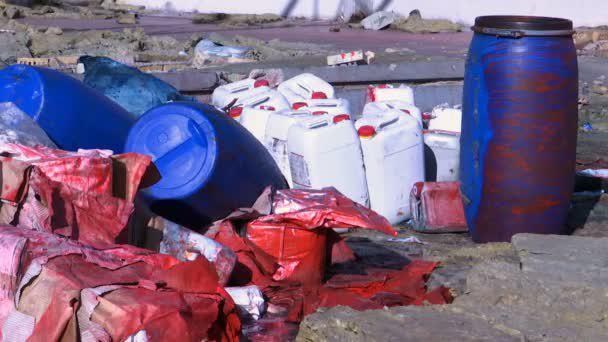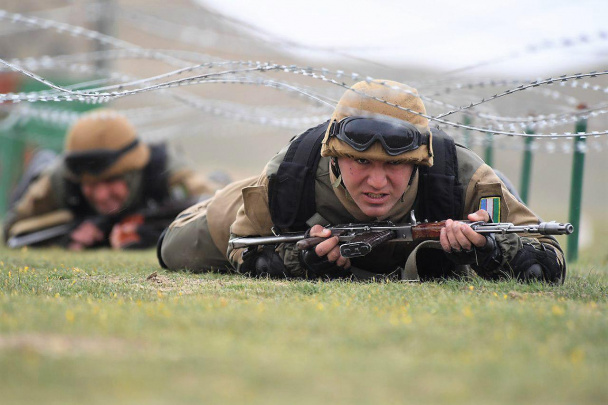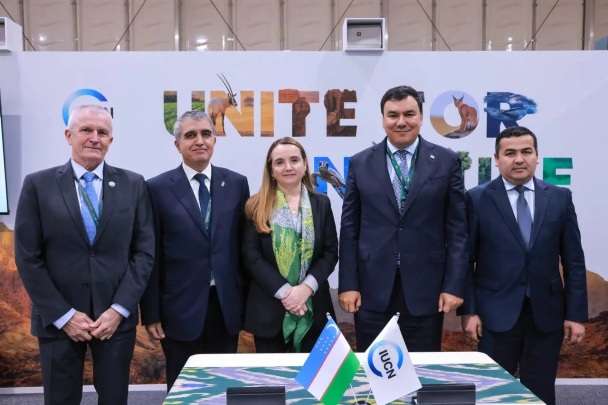Specialists comment on management of toxic chemical waste in Uzbekistan

Фото: Sputnik / Илья Питалев
In Uzbekistan, the area of the burial of toxic chemicals consists of 65 hectares, a deputy of the Legislative Chamber of Oliy Majlis Khayrullo Gaffarov said at a meeting with media representatives at the Agency for Information and Mass Communications.
The event was devoted to the content and meaning of the law “On ratification of the Stockholm Convention on Persistent Organic Pollutants”. The participants discussed the issues of improving environmental situation on the basis of this international act, as well as elimination of possible negative consequences for the population and nature.
Head of the department at the State Committee on Ecology and Environmental Protection Tulegen Abdugaziyev said that during the Soviet Union times, chemicals in Uzbekistan were used in agriculture to combat plant diseases and pests.
“We still have some of them, although their shelf life has already expired, and they are forbidden to use. These chemicals were used widely as defoliants (substances causing dropping of plant leaves). There were airfields for small aircrafts in villages and warehouses for chemicals in their territory. When planes were loaded with chemicals, a part of them fell into the soil, causing it to become polluted,” Tulegen Abdugaziyev noted.
He added with regret that the Committee could not control the situation in all such territories. However, monitoring is carried out regularly.
“Its results show that the level of soil contamination at some aerodromes is currently above average,” Abdugaziyev said.
“Persistent organic pollutants are substances that are difficult to destroy and that can be accumulated in biological tissues. Currently, in addition to airfields, there are concreted burials of toxic chemicals with a total area of 65 hectares in 13 regions of the country,” the deputy noted.
Reportedly, the situation in these areas, including the state of water and soil, is under the control of the Republican Center for State Sanitary-Epidemiological Surveillance and the State Committee on Ecology and Environmental Protection. According to him, so far no adverse effects of toxic substances on the environment have been reported.
“That is, there were no cases of exceeding the permissible level of concentration,” Gaffarov said.
Tulegen Abdugaziyev noted that these special objects belong to the JSC Uzagrokimiyo and are necessarily protected.
Related News

21:09 / 11.02.2026
Uzbekistan’s public sector expenditures rise despite administrative reforms

16:30 / 14.11.2025
Military service in Uzbekistan

17:37 / 03.12.2024
IUCN Representative Office in Uzbekistan officially begins operations

20:54 / 14.09.2024




